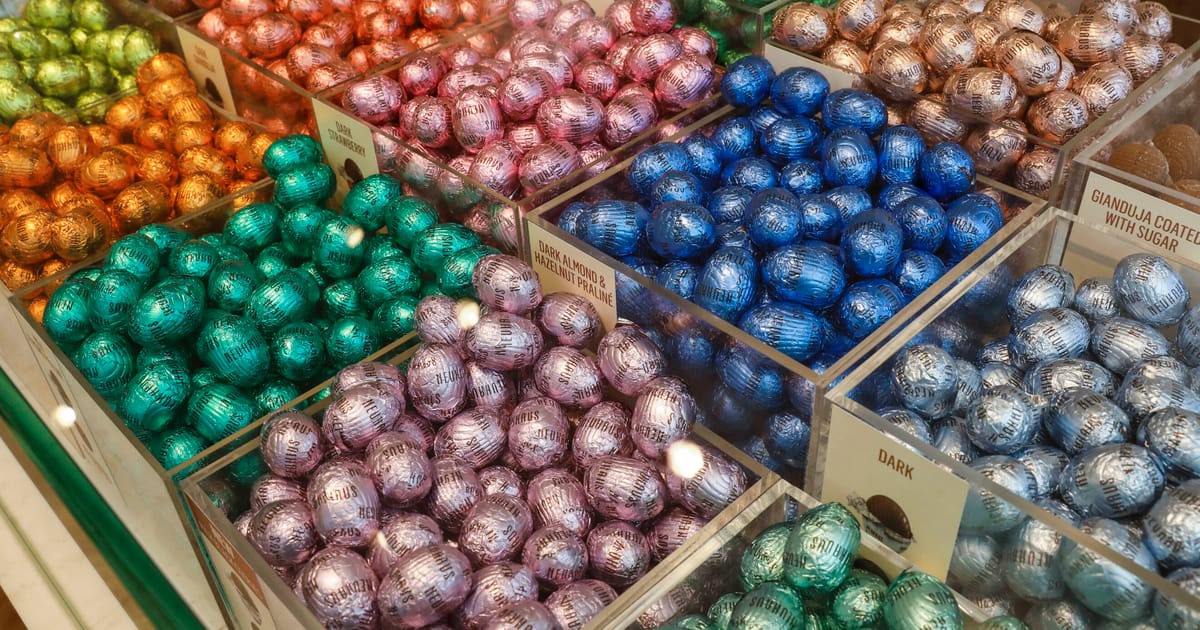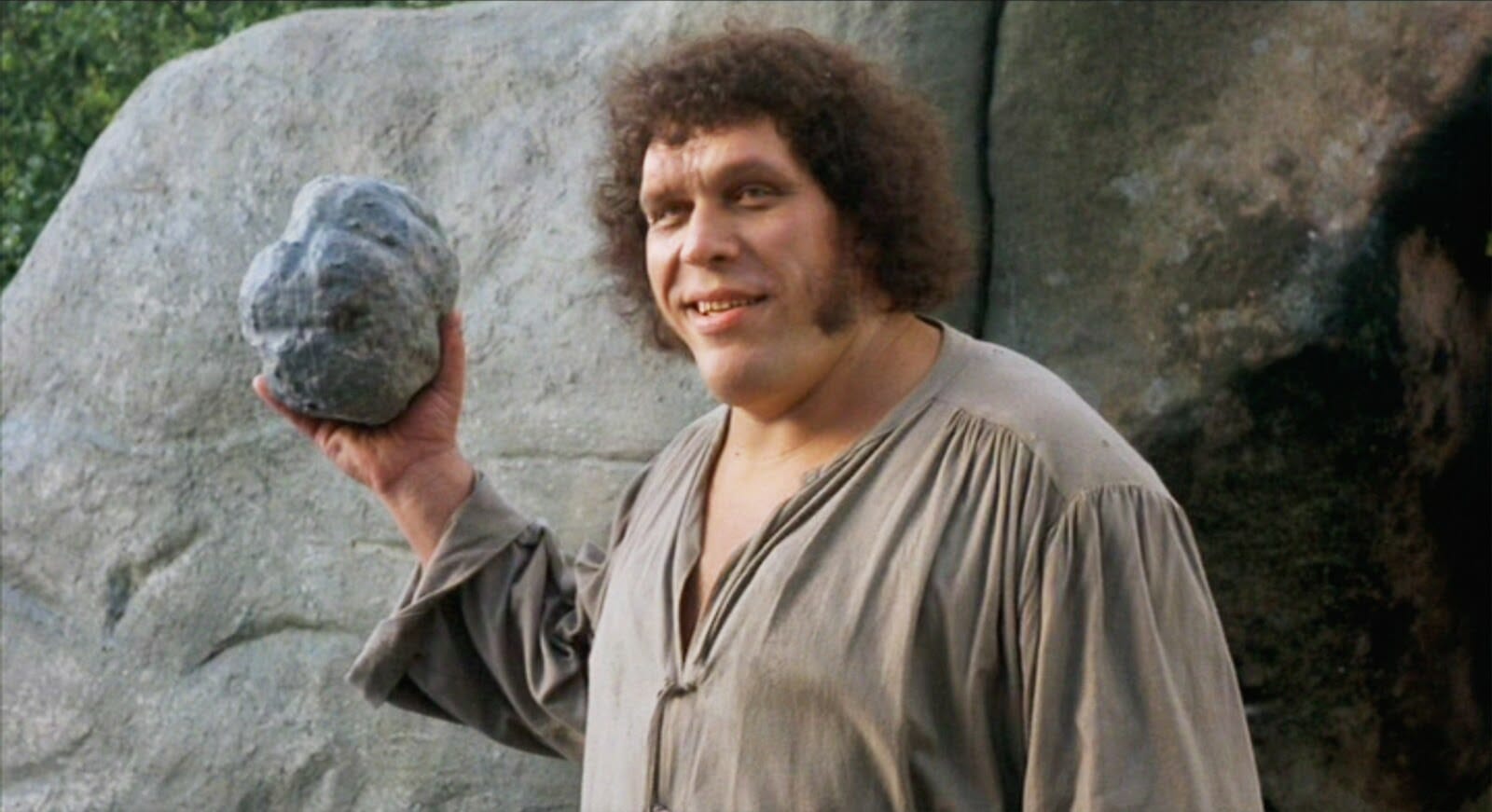You famously never know what you’re going to get when you open a box of chocolates. But for Belgium, a state that’s synonymous with the high-end confectionery, soaring cocoa prices are making life for the nation’s chocolate aficionados even more uncertain than usual.
This year, after extreme weather hammered west Africa’s cocoa harvest for the third consecutive year, prices soared in response. Cocoa futures trading in London and New York temporarily hit as high as €9,300 per ton, triple last year’s amount.
The gaping shortage of beans has percolated its way through to Europe’s premier confectionery hub, putting chocolate makers under unprecedented cost pressure and forcing up prices just as seasonal demand peaks going into the Easter holiday.
This is the height of how immoral our society and civilization is.
The price of chocolate and cocoa go up from low unsustainable prices that were artificially kept low because everyone relied on essentially slave African labor to harvest the fruit.
Now the prices go up because of climate conditions and everyone is upset.
No one is ever upset when we exploit the poorest people in the world … but when we have to pay a dollar more for chocolate, that makes international headlines.
The article doesn’t say that the prices went up because they paid people more though. There’s also quite a bit of difference in what the producers are paid and what cocoa is sold at.
Cocoa is often transported in bulk, then there’s loads of trade going on where they try to influence the price as much as possible. Meaning, as high as possible.
That the price of cocoa goes up in the past was often caused by artificially reducing supply. Just to make more money.
Anyway, cocoa prices are not set the cost of buying and then a certain margin on top. Meaning, that farmers weren’t being paid enough was on purpose and to make even more money.
Are those increased prices at least paying for not slave labor to produce the beans?
deleted by creator
just supply issues due to climate change
Traders have been influencing the supply of cocoa for decades to get as much profit as possible. It’s best not to listen to those in the cocoa trade. They’re ruthless.
Oh no, a colonizers famously historical exploitation is experiencing the consequences of some of their own actions.
I mean, people don’t NEED chocolate right?
Not sure why you’re getting downvoted. Chocolatiers pay their chocolate colonies like shit. I’ll shed no tears for them when they die off.
Europeans get salty when people remind them that their wealth and renaissance was built on colonialism.
Maybe the Belgian people should come to my south American country, where cocoa is cheap
Maybe yall should ask the people of the Democratic Republic of Congo if that’s a great idea…
It’s a cool idea
Leopold is slowly rising from the grave
This is the best summary I could come up with:
But for Belgium, a state that’s synonymous with the high-end confectionery, soaring cocoa prices are making life for the nation’s chocolate aficionados even more uncertain than usual.
The gaping shortage of beans has percolated its way through to Europe’s premier confectionery hub, putting chocolate makers under unprecedented cost pressure and forcing up prices just as seasonal demand peaks going into the Easter holiday.
But while there’s no doubt chocolatiers are perturbed by the crisis, for now, a sense of stoicism prevails in the industry linked to the presumption that chocolate addicts are far less price sensitive than conventional consumers.
“I don’t think I’ll ever stop eating chocolate [no matter the price],” said Luci Comincioli, inside the Lindt shop on Rue Du Luxembourg, at the heart of the capital’s European Quarter.
These countries’ farmers are facing financial hardship due to climate change, aging trees and the proliferation of diseases that threaten the fragile economics of cocoa.
The result is an industry in dramatic decline, with many west African farmers likely to quit cocoa entirely unless a higher price norm that can account for sustainable farming is established soon.
The original article contains 1,196 words, the summary contains 187 words. Saved 84%. I’m a bot and I’m open source!
Removed by mod






